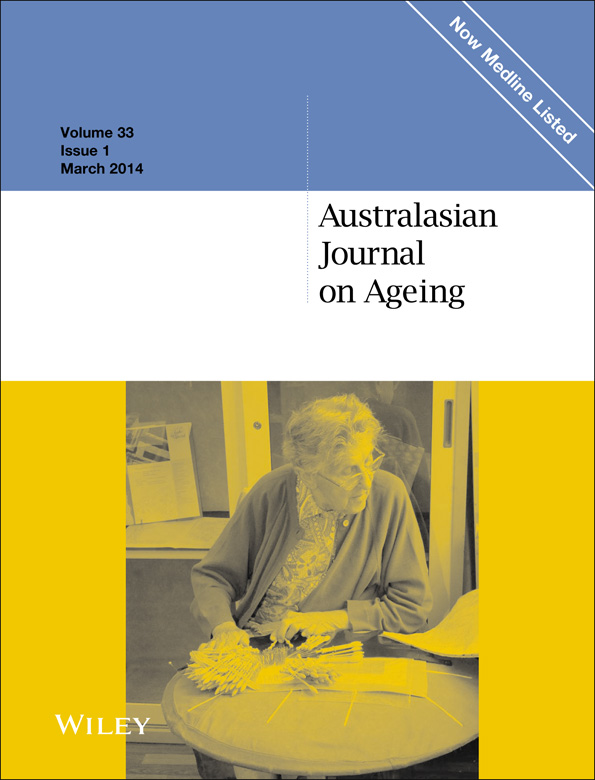Perceived factors which shape decision-making around the time of residential care admission in older adults: A qualitative study
Abstract
Aim
To understand the perceived factors that shape decision-making around the time of residential care admission in older people.
Method
Two qualitative methods (telephone interviews at intervals post discharge from geriatric inpatient care and face-to-face interviews with older people and their family carers) were used as part of a multiphase mixed methods study of a cohort of 144 older people discharged from medical wards in a subacute assessment, treatment and rehabilitation facility.
Results
Key topics and themes were derived from interviews: the role of the informal carer and other community supports, attitudes to decision-making and loneliness were key aspects of social context. Physical health, the experience of repeated hospital admissions and health professionals' attitudes to repeated admissions were also seen as important.
Conclusions
Social context as an essential component of older people's decisions to enter aged residential care is highlighted in this qualitative study.




